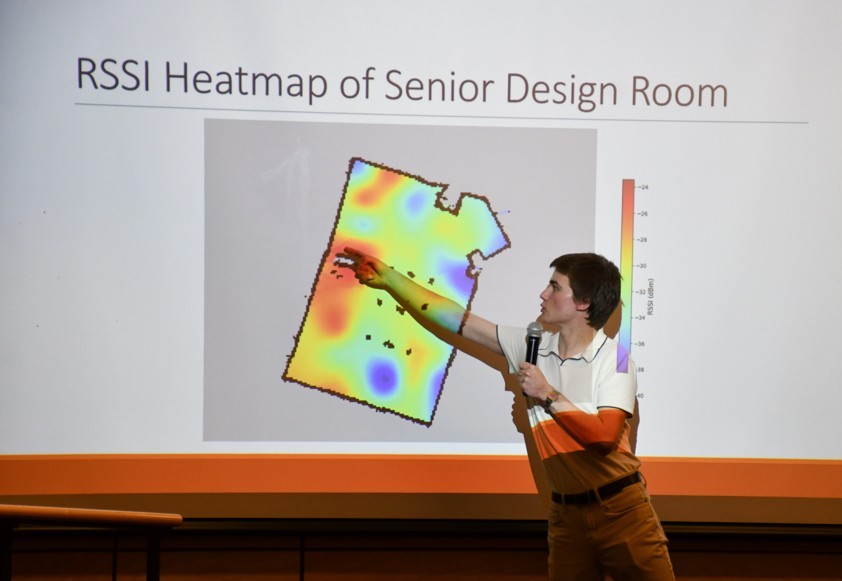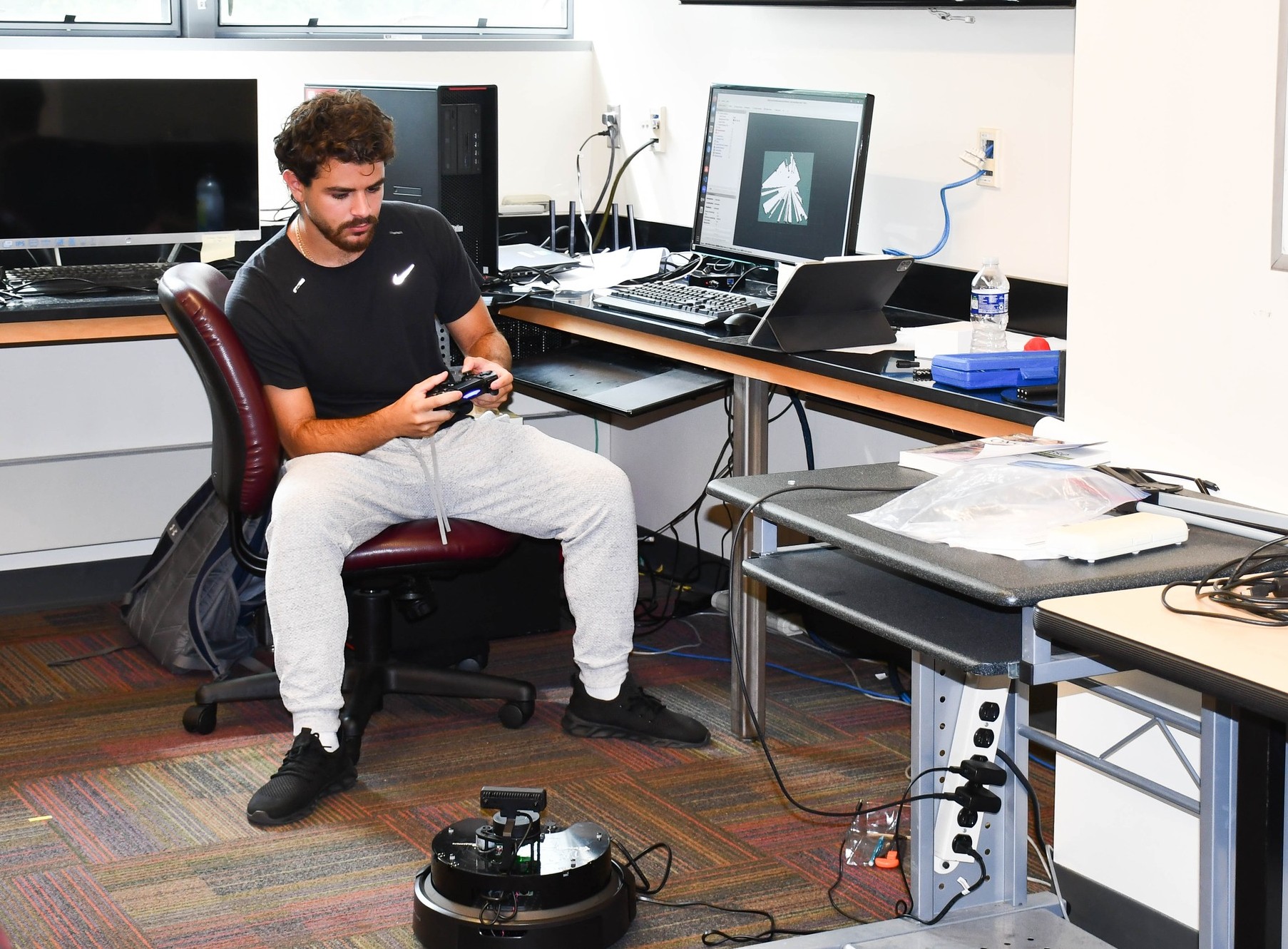Research Opportunities for Undergraduates in Engineering

Whether you’re looking for research experience to stand out in today’s job market or to prepare for an advanced degree in a graduate program, Loyola’s Department of Engineering has research opportunities for undergraduate students. Loyola’s faculty can help you explore your research interests and other opportunities in the region, community, industry, and entrepreneurial ventures.
Hauber Research Fellowship


Gain valuable research experience and explore your interests as an undergraduate engineering student through a Hauber Summer Research Fellowship or an independent research study for course credit during the academic year. Previous undergraduates have had their research presented at national meetings and even published in academic journals.
Faculty Research Interests
Interested in gaining hands-on research experience with a faculty member? Here's what Loyola's faculty members are currently working on:
Mechanical and Materials Engineering
- determining and testing the microstructure and mechanical properties of metals/alloys of industrial interest
- developing systems for delivering building ventilation flows more efficiently while still ensuring human comfort
- small scale and networked mobile robotic systems
- 6 DOF robotic arm applications
Electrical and Computer Engineering
- signal processing technology for biomedical and related applications
- development of algorithms for machine learning
- quantum computing education and research
- assistive and adaptive technologies for persons with disabilities
View our Faculty & Staff page to learn more about faculty research interests.
Internships, Jobs, and Clubs
Undergraduate students can also gain invaluable experience through internships, jobs, and student club activities, developing leadership and durable skills for a lifetime of fulfilling work and learning. For more information, check out the career center, study abroad, clubs and related student activities at Loyola.
Questions? Contact Suzanne Keilson, Department Chair, at skeilson@loyola.edu.